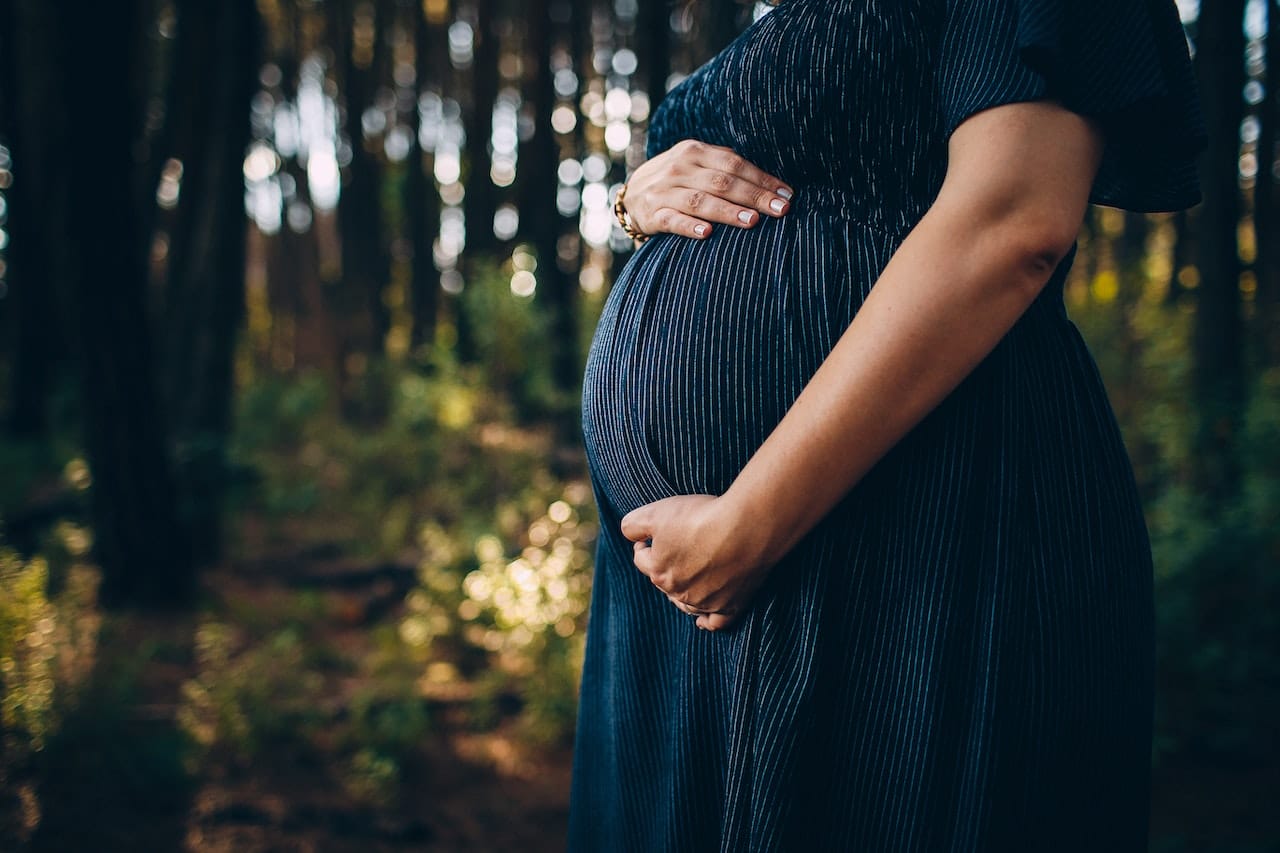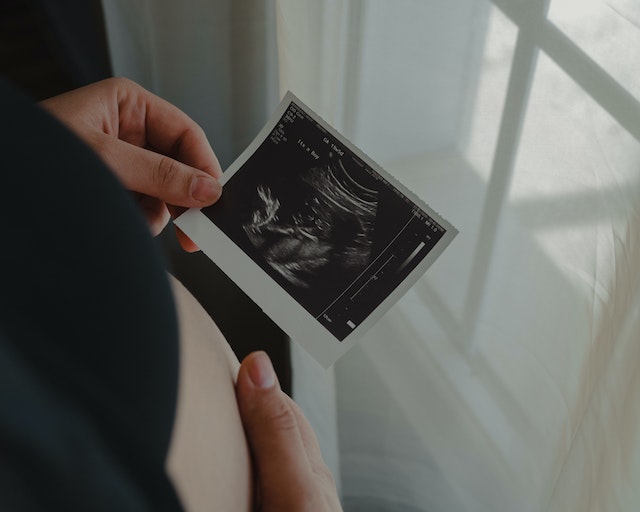First Trimester Milestones: A Comprehensive Guide
Congratulations on embarking on the journey of motherhood! The path to parenthood is filled with excitement and fulfillment, but it can also bring moments of uncertainty, accompanied by numerous questions. Throughout your pregnancy, both your body and your baby’s will undergo significant growth and transformation. Let’s explore what you should be aware of as you commence this incredible journey together.
In this guide, we’ll explore the first trimester milestones—what to expect, how your baby develops, and how to care for yourself during these crucial 13 weeks. This is the first part of a three-part series covering pregnancy milestones. Stay tuned for guides on the second and third trimesters!

Note: This article is the 1st part of 3 part series on pregancy milestones. Also read
i) Second Trimester Pregnancy Milestones: A Comprehensive Guide
ii) Third Trimester Pregnancy Milestones: A Comprehensive Guide
First Trimester Milestones: Confirming Your Pregnancy
Early signs and symptoms of pregnancy
The first indicator of pregnancy often manifests as a missed period for women with regular menstrual cycles. Occasionally, some women may experience implantation bleeding, which resembles a light period or spotting. While this is typically a normal occurrence, it’s advisable to consult your healthcare provider if you encounter any bleeding during your pregnancy.
Additionally, you may start noticing some early pregnancy symptoms, such as fatigue, nausea, or increased frequency of urination.
Common symptoms
The hormonal changes that occur during the initial weeks of pregnancy can have a profound impact on your entire body. While every pregnancy is unique, some common symptoms you might encounter during your first trimester include:
| - Breast tenderness | - Mood swings and extreme changes in mood |
| - Nausea or vomiting (often referred to as morning sickness) | - Frequent urination |
| - Weight gain or loss | - Extreme fatigue |
| - Headaches | - Heartburn |
| - Leg cramps | - Lower back and pelvic pain |
| - Cravings for specific foods | - Developing aversions to certain foods |
| - Constipation |
These symptoms can vary in intensity from woman to woman, and they are typically a result of the hormonal adjustments that are occurring as your body adapts to pregnancy.
Consult a healthcare provider and take a pregnancy test for confirming pregnancy and beginning prenatal care.
 |
 |
|---|
First Trimester Milestones: Fetal Development
The first trimester of pregnancy is a critical period for your baby’s development. During this time, your baby’s internal systems and body begin to take shape, leading to several important organ and bodily developments. Here are the key first trimester milestones in fetal development:
-
Brain and Spine: The foundation for your baby’s nervous system is formed during the first trimester, including the development of the brain and spinal cord.
-
Inner Ear: The inner ear, responsible for hearing and balance, starts to develop.
-
Cardiac Tissue: The heart begins to form and beat, even though it’s still tiny at this stage.
-
Genitals: The genitalia begin to develop, though it may not be distinguishable on ultrasound until later in the pregnancy.
-
Fingernails: The early stages of fingernail formation begin.
-
Liver: The liver starts developing and will play a vital role in various metabolic processes.
-
Eyelids: The eyelids, though fused shut, start to develop during the first trimester.
-
Pancreas: The pancreas, which is important for insulin production and digestion, begins to form.
-
Kidneys: Early kidney development occurs during this period.
-
Cartilage for Extremities: Cartilage for the hands, feet, and limbs starts to form, which will later develop into bones.
-
Muscles: Muscles for the mouth, eyes, and nose begin to take shape.
-
Webbed Fingers and Toes: Initially, your baby’s fingers and toes may be webbed, but they will separate as development progresses.
-
Lungs: Although not fully developed, the foundations for the respiratory system, including the lungs, start to form.
Fetal growth can vary due to several factors, including genetics and maternal health. However, during the first trimester, your baby will undergo significant growth, starting from a tiny size of about 0.64 cm (0.25 inches) at the end of the first month (smaller than a grain of rice) to reaching approximately 10 cm (4 inches) by the end of week 12 and weighing around 28 g. It’s essential to receive proper prenatal care to support your baby’s healthy development during this critical stage of pregnancy.
For specific guidance and information related to your country, consult your local ministry of health or healthcare provider.
First Trimester Milestones: Nutrition and Diet
Maintaining a healthy and balanced diet is essential for expectant mothers to ensure both their well-being and the proper development of their growing baby. Here are some dietary recommendations for expectant mothers:
-
Folate and Folic Acid: Folate is crucial for preventing neural tube defects in the baby. Include foods like leafy greens, fortified cereals, beans, and citrus fruits in your diet. You may also need to take a prenatal vitamin with folic acid as recommended by your healthcare provider.
-
Iron: Iron is needed to support increased blood volume during pregnancy and to prevent anemia. Good sources include lean meats, poultry, fish, beans, and fortified cereals. Pair iron-rich foods with vitamin C-rich foods like citrus fruits to enhance iron absorption.
-
Calcium: Calcium is essential for the development of your baby’s bones and teeth. Incorporate dairy products (or dairy alternatives fortified with calcium), leafy greens, and fortified plant-based milk into your diet.
-
Protein: Protein is necessary for your baby’s growth. Include lean meats, poultry, fish, eggs, dairy products, beans, lentils, and nuts in your diet.
-
Omega-3 Fatty Acids: These are important for your baby’s brain and eye development. Sources include fatty fish like salmon, walnuts, flaxseeds, and chia seeds.
-
Fiber: Fiber helps alleviate constipation, a common pregnancy complaint. Eat plenty of fruits, vegetables, whole grains, and legumes.
-
Hydration: Stay well-hydrated by drinking plenty of water throughout the day. Dehydration can lead to complications, so it’s important to stay hydrated.
Conclusion: Celebrating First Trimester Milestones
Congratulations on reaching the end of the first trimester of your pregnancy! This remarkable journey is filled with awe-inspiring changes, both in your body and the miraculous growth of your little one, and first trimester milestones. As you reflect on these initial 13 weeks, remember the incredible transformations that have already taken place and the anticipation of what lies ahead.
The second trimester awaits with its own set of milestones and experiences, from feeling your baby’s first movements to preparing for the arrival of your little one. Embrace this time of growth, bonding, and anticipation with confidence and joy.
As you continue this journey, it’s crucial to stay connected with your healthcare provider, who will guide you through the coming trimesters and ensure both you and your baby receive the best care. Remember, every pregnancy is unique, so don’t hesitate to seek professional advice whenever you have questions or concerns.





